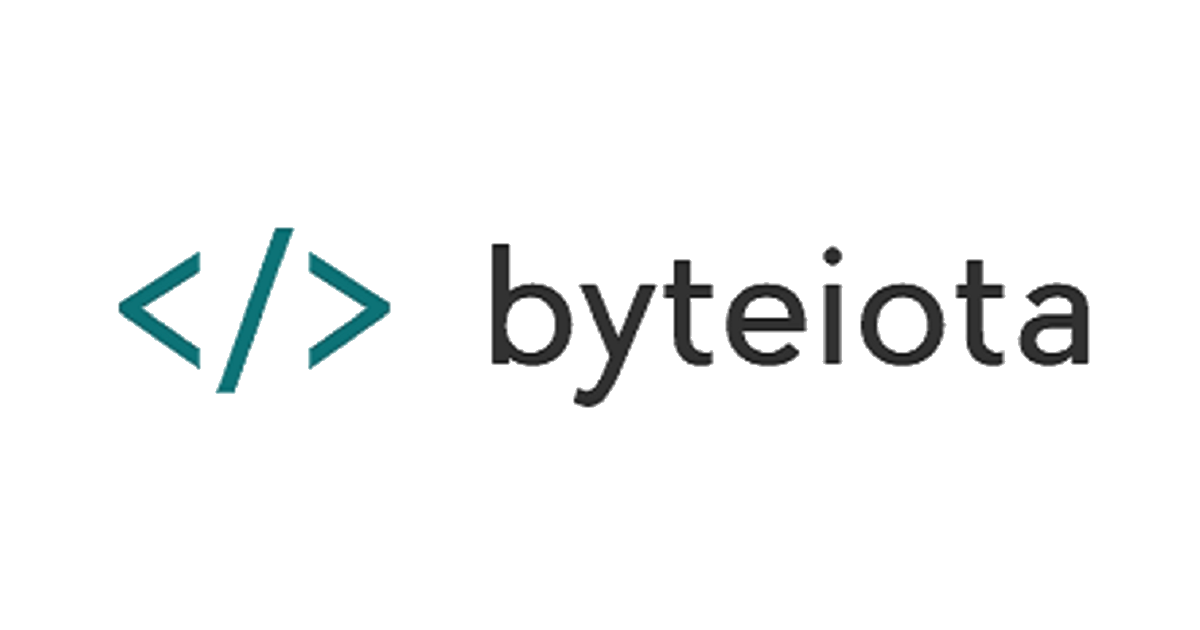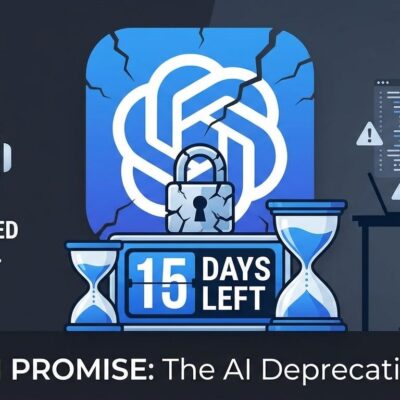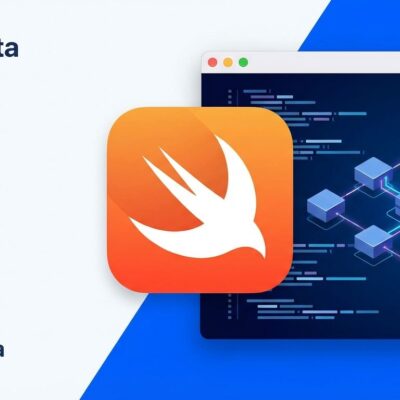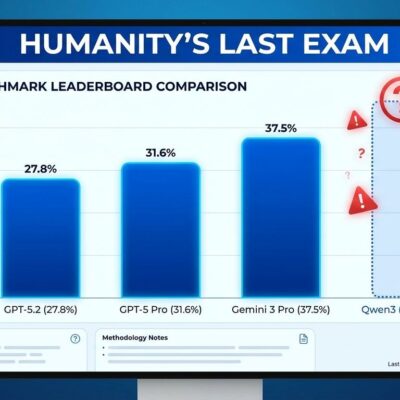
The Zig programming language made its GitHub repository read-only today and migrated to Codeberg after a decade on the platform. Moreover, the move makes Zig one of the largest open-source projects to abandon GitHub for a nonprofit alternative, citing GitHub Actions reliability issues, vendor lock-in concerns, and conflicts with the project’s no-LLM policy. The canonical repository is now at codeberg.org/ziglang/zig.
Why Zig Left GitHub
In an official announcement posted November 27, Zig cited multiple reasons for the migration. First, GitHub Actions suffers from a “vibe-scheduling” bug that randomly selects which CI jobs to run, causing severe build queue backups. Second, the team described GitHub’s interface as “sluggish and often entirely broken” following Microsoft’s 2018 acquisition. Additionally, aggressive Copilot promotion directly conflicts with Zig’s strict policy against AI code generation tools.
Zig creator Andrew Kelley put it bluntly in the announcement: “Please just give me 5 years before everything goes to shit…And here we are, 7 years later, living on borrowed time.” Rather than invest in additional hardware to work around GitHub’s infrastructure problems, the team chose to switch platforms entirely.
The timing isn’t coincidental. Throughout 2025, GitHub Actions has faced mounting reliability issues. Specifically, a supply chain compromise in March exposed CI/CD secrets in over 23,000 repositories. Furthermore, in mid-November, Dependabot hit rate limits causing 57 percent of jobs to fail. These aren’t hypothetical complaints. They’re production failures affecting real projects.
Challenging the GitHub Monopoly
GitHub hosts over 150 million developers and more than 1 billion repositories. Notably, an estimated 95 percent of modern tech companies use the platform. That’s not market dominance. That’s a monopoly.
Zig’s migration matters because it demonstrates that GitHub’s network effects aren’t insurmountable. Indeed, major projects can successfully escape vendor lock-in. Alternatives exist and work. When CERN, NASA, and GNOME migrated to GitLab after Microsoft acquired GitHub in 2018, it proved migration was possible. However, Zig’s move to a smaller, nonprofit platform takes it further. You don’t need another corporate giant to break free.
How the Migration Works
Zig took a “copy-on-write” approach to minimize disruption. The GitHub repository remains as a read-only archive. Meanwhile, existing issues and pull requests stay open but unmigrated. The team explicitly asked contributors to “leave all your existing GitHub issues and pull requests alone.” They’ll still receive attention.
New Codeberg issues start numbering at 30,000 to avoid conflicts with existing GitHub issue references. Contributors only need to migrate content if they’re actively editing or rebasing. It’s a pragmatic strategy that values simplicity over completeness.
What is Codeberg?
Codeberg is a nonprofit, community-driven hosting platform based in Germany. It runs on Forgejo, an open-source fork of Gitea. The platform provides Git hosting, issue tracking, pull requests, CI/CD through Forgejo Actions, and wikis. Notably, the UI and YAML syntax are nearly identical to GitHub’s, making migration straightforward.
Key differences include: no AI or Copilot integration by design, no user tracking, privacy-first architecture, and community governance instead of corporate control. Hacker News users praised Codeberg’s “snappy” server-rendered interface compared to GitHub’s “sluggish AJAX-heavy design.”
Trade-offs exist, however. Codeberg runs on reclaimed hardware with limited redundancy. Availability doesn’t crack 99.9 percent uptime. Additionally, the platform uses image-only CAPTCHAs that block screen reader users, with manual approval taking months as a workaround. It’s not enterprise-grade infrastructure. But for projects that prioritize open-source values over maximum uptime, the trade-off works.
Community Reactions
The Hacker News discussion drew 203 points and 105 comments within hours. Reactions split along predictable lines.
Supporters highlighted philosophical alignment. Specifically, Zig’s “zero dependency” ethos extends to platform independence. Eliminating GitHub dependency mirrors the project’s efforts to remove compiler and linker dependencies. Moreover, Codeberg’s stricter moderation against LLM-generated contributions addresses a real pain point as maintainers face increasing AI-generated spam submissions.
Critics questioned Codeberg’s infrastructure readiness for production-critical repositories. Some objected to inflammatory language in the announcement, arguing terms like “remaining losers” and “created by monkeys” reflected poorly on project leadership. Others pointed out accessibility barriers and wondered if self-hosted GitLab might offer better CI/CD pipelines.
Both sides have legitimate points. The move aligns with Zig’s values while introducing real risks around reliability and accessibility.
What This Signals
Zig isn’t a massive ecosystem. Only 0.83 percent of developers report proficiency with the language, though it ranks as the 4th most admired language at 64 percent satisfaction and commands the highest median developer salary at $103,000 annually. Companies like Bun, Tiger Beetle, and Uber use it for performance-critical systems.
The migration’s significance isn’t Zig’s market share. Rather, it’s the demonstration that GitHub’s monopoly is escapable. Nonprofit alternatives can handle serious projects. Vendor lock-in isn’t permanent. Network effects aren’t destiny.
One migration thread on X drew 374,000 views and over 350 comments discussing moves away from GitHub. Developer frustration with Microsoft’s platform direction, AI integration, and product reliability is real and growing. Whether other major projects follow Zig’s lead remains to be seen. However, the path exists now, clearly marked and proven viable.
GitHub’s dominance was earned through better specialization in code hosting and social coding. It can also be lost if product quality and developer trust continue declining. Zig just proved you can walk away.













